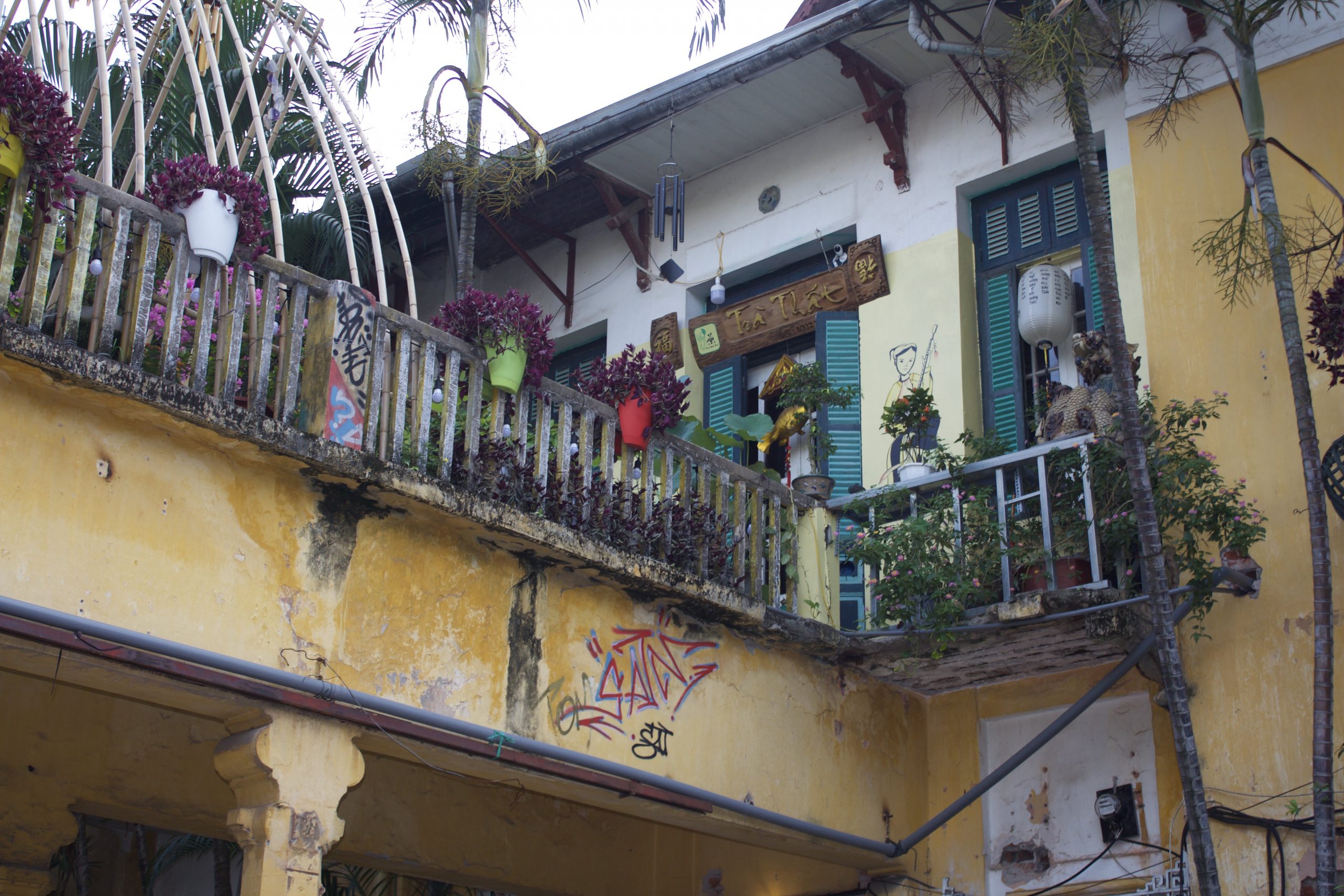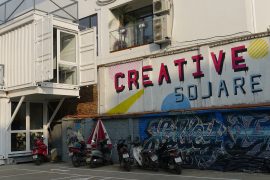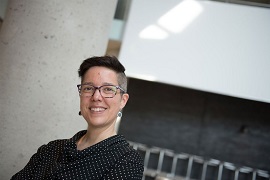New publications from TRYHANOI team about creative hubs
27 July 2022Danielle Labbé, Sara Turner and Celia Zuberec just had a new publication in Urban Studies journal and in the Media-Culture Journal.
Here is an extract of the introduction of the article published in the Media-Culture journal, that you can fully read here.
Will Community Visions and State Aspirations Consolidate or Collide?
“There are currently 295 cities designated as members of the UNESCO (United Nations Educational, Scientific and Cultural Organization) Creative Cities Network, an initiative launched in 2004 (Hanoi Department of Culture and Sports). These cities are expected to “work together towards a common objective: placing creativity and cultural industries at the heart of their development plans at the local level and cooperating actively at the international level” (UNESCO “Creative”). More specifically, one of the aims of the Creative Cities Network is to “develop hubs of creativity and innovation and broaden opportunities for creators and professionals in the cultural sector” (UNESCO Creative Cities Network). […]
Our aim in this brief feature article is thus two-fold. First, we investigate the growth of independent creative hubs in Hanoi, focussing on their founders’ motivations for establishing the hubs, and how the hubs are meeting local creative demands. Second, we consider the possible tensions and conflicts emerging between the visions of these creative hub operators and users, compared to those of the Vietnamese state, with regard to what the city’s creative hubs should represent. We suggest that the state is now strongly influenced by Hanoi’s membership within UNESCO’s Creative City Network since 2019.”
Here is the abstract of the article published in the Urban studies journal, that you can fully read here.
“Vietnam’s capital city has recently witnessed the emergence of a new type of cultural space akin to what have been labelled creative hubs in other contexts: that is, locales that foster creation, collaboration, community engagement and business development in the cultural sector. During the 2010s, Hanoi saw a proliferation of small-scale, art-oriented creative hubs, most of them community-led and developed without state funding. In a context marked by a government historically wary of contemporary and experimental arts, these spaces face various forms of state control ranging from the censorship of events, to stiff fines or even closure. Despite these barriers, creative hubs have become important sites for the gathering and formation of Hanoi’s contemporary arts scene and countercultures. Based on over 80 interviews conducted in 2019, this paper investigates the motives behind the rise of these spaces in Hanoi and the political engagement techniques their founders, operators and users employ to remain in operation. Drawing on the notion of ‘informal life politics’, we argue that creative hubs seek to provide spaces of (partial) autonomy from governmentality in Hanoi. We further find that artists, intellectuals and other creative individuals use these spaces to challenge state controls. They do so not by lobbying formal institutions for policy changes, but instead by enacting the more open and free socio-cultural milieu they seek, from the bottom up.”









